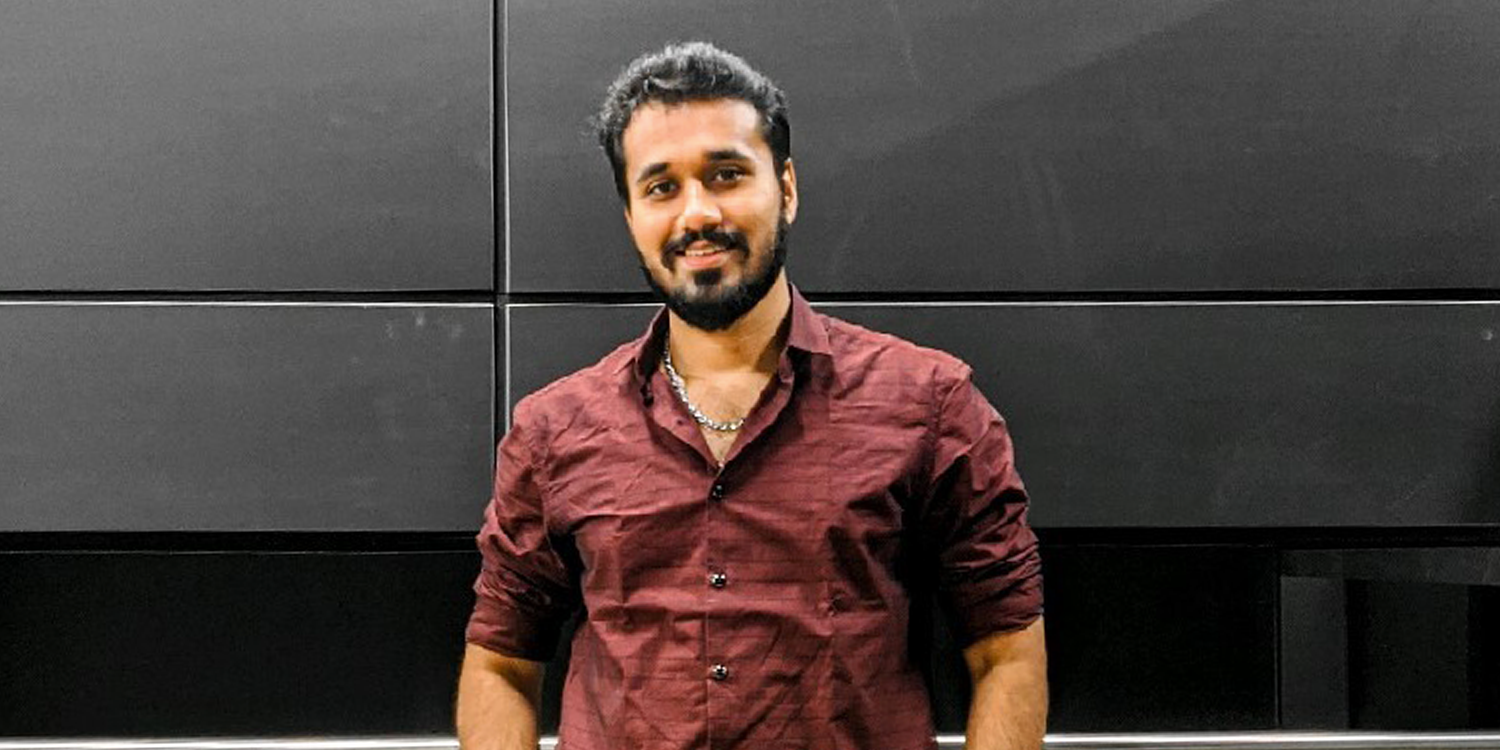Nikhil Davangre Basavaraj’s Innovation Center internship not only helped him prepare for an AWS certification, it also gave him real-life DevOps experience. Nikhil, a Computer Science Masters student, advanced these skills while working on tools used by Karsun teams. Along the way, he built Terraform scripts, assessed costs for AWS services and developed on Karsun’s AI-Asssisted Redux Platform. Take a deep dive into Nikhil’s process and his experience during his internship in this interview.
First, please tell us about yourself. Where are you going to school? What are you studying? What do you like to do in your free time?
Hi all !! My name is Nikhil. I am currently doing my Masters in Computer Science at The University of Texas at Dallas (UTD). In my free time I like to play cricket or go for a swim. I love watching movies and anime as well.
Could you share a little bit about the project you worked on as part of this internship? What challenges does it solve? What technologies and tools are you using?
Initially, I built an Appsheet app called “Fedelivery”, which helps Government Organizations spread across the US to handle deliveries of confidential items. After this I was working with a fellow intern on implementing push notifications for the KIC Konnect app using Firebase.
Later on, I started working on DevOps tasks. My first task was to configure logging in the Application Load Balancer level in AWS using Terraform. Although it was my first time working with Terraform, with the help of my mentors, I was able to understand and complete the task successfully.
The next task that I took over was to enable Application Logging in the EKS level, where data is logged in AWS Cloudwatch from EKS using Fluent Bit. The logs in CloudWatch are to be stored for 7 days which will then be moved to an S3 bucket for further storage for 30 days. Later on, the data will be moved to Infrequent Access Storage for 60 days, and finally, the logs will be transferred to Cold/Glacier Storage for a year. I had to use Fluent Bit for log forwarding to Cloudwatch, and I wrote the script for the above in Terraform. I was successfully able to complete the task and push the code to [Karsun’s] Redux Platform.
Right now, I am working on implementing a Terraform script to deploy WAF (Web Application Firewall) to the Load Balancers on AWS. WAF protects applications from web-based attacks and hence is very crucial. I even have to do research regarding the pricing of the WAF service to help the company plan budget-wise. So far, the tasks are going well, and I am enjoying the work I am doing here at Karsun.
What is your favorite part about working with the Karsun Innovation Center? Is there a weekly meeting or ritual you enjoy? The opportunity to learn more or get a new certification?
I think the best part about working with the Karsun Innovation Center is the opportunity to solve real-world problems and get mentored by top-notch developers. I even got the opportunity to prepare for my AWS certification because of the Udemy course offered by Karsun. I like meeting with my mentor weekly to discuss various things, like what we did during the weekend or what blockers I am facing. The people are what make the company, and I am delighted to be a part of this wonderful team.
What is your biggest takeaway from your experience as an intern at Karsun?
My biggest takeaway from Karsun is the insights I received from this internship. It has helped me to grow both personally and professionally. My entry into the field of DevOps was made possible because of this internship. Initially, I had to do a lot of reading and research to get the tasks done, which helped me learn a lot.
Nikhil’s internship was completed with support from the Karsun Innovation Center and the DevOps Practice Area. The resources in our Innovation Center’s practice areas are available to all Karsun teams. Connect with Nikhil on LinkedIn to learn more about his experience.

